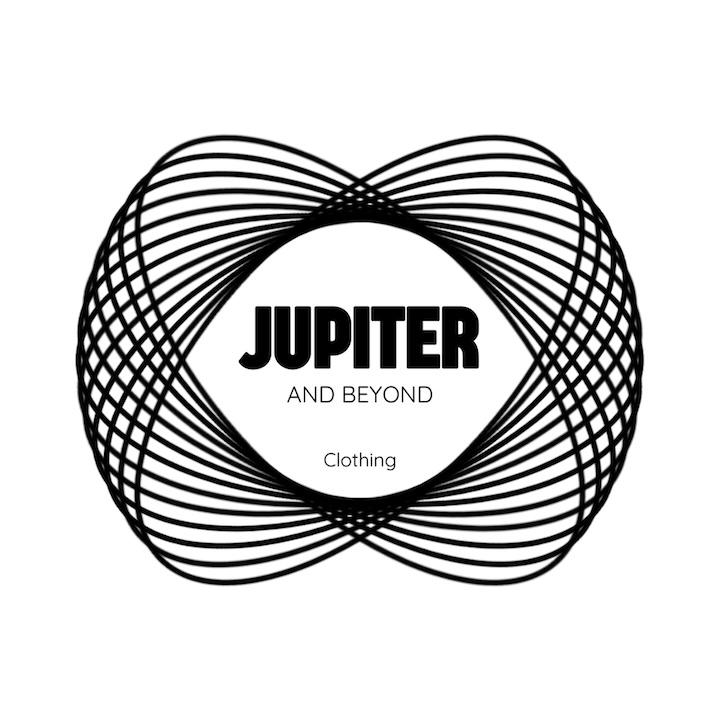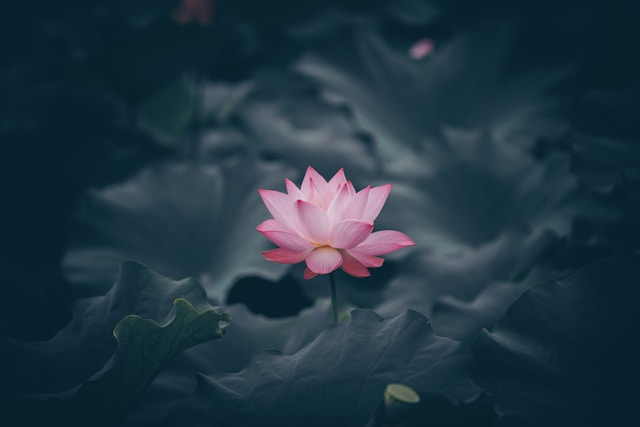The question “Who am I?” has echoed through the corridors of human consciousness since time immemorial. It’s the most fundamental inquiry we can make, yet its answer remains elusive to many. As the great sage Ramana Maharshi, who built his entire teaching around this question, stated: “Your own Self-realization is the greatest service you can render the world.”
The Veils of Identity
Before we can understand who we really are, we must first recognize who we are not. We typically identify ourselves through various layers: our body, our thoughts, our emotions, our roles in society, our achievements, and our relationships. Yet as A Course in Miracles teaches, none of these constitutes our true identity. They are more like clothes we’ve put on—some temporary, some more persistent, but none fundamental to our being.
The Zen master Thich Nhat Hanh illustrates this beautifully: “We are not separate, autonomous entities. We inter-are. We are each other’s continuation.” This points to a profound truth: our apparent separateness is an illusion, a dream from which we are slowly awakening.
Beyond the Body
Perhaps the most persistent identification we hold is with our physical body. We think, “I am this form.” Yet as the great Hindu sage Sri Aurobindo observed: “The body is not I, it is only a small physical formula of the mental and vital impressions habitual to my nature.” This points to something far beyond physical form—it points to our true nature as awareness itself.
Our body is a beautiful and intricate vehicle for experiencing this physical dimension, but it’s not who we are. Just as a driver is not the car they operate, we are not the body we temporarily inhabit. The body ages, changes, and eventually passes away, while our true nature remains eternally unchanged.
Beyond Thoughts
Another common misconception is identifying with our thoughts. We believe we are the endless stream of mental activity flowing through our awareness. Yet, as the contemporary teacher Eckhart Tolle asks: “If you are your thoughts, who is the one aware of them?”
This simple question points to something profound: there is an awareness that precedes and transcends all thought. This awareness is closer to our true nature than any thought could ever be. As A Course in Miracles teaches, we are not the thoughts we think we think; we are the thinker of those thoughts, and even more fundamentally, we are the awareness in which all thoughts arise.
Our Divine Nature
At our core, A Course in Miracles reveals, we are divine creations, eternal spirit, unchanged and unchangeable. The Tibetan Buddhist master Dilgo Khyentse Rinpoche captured this truth when he wrote: “The nature of mind is the nature of everything. Like space, it is beyond all concepts, boundaries or limits; yet it is the source of all wisdom, clarity and compassion.”
This is not spiritual hyperbole or poetic metaphor—it’s the literal truth of our being. We are extensions of Divine Mind, created like our Creator, endowed with all His attributes. The only difference between our true nature and God’s is that He is the Creator, and we are His creation. Yet as created beings, we share His nature completely.
The Jewish mystic Martin Buber touched on this when he wrote: “Every person born into this world represents something new, something that never existed before, something original and unique.” Each of us is a unique expression of the Divine, yet all of us share the same fundamental nature.
Characteristics of Our True Nature
Our true nature has several key characteristics:
- Eternal
We are not bound by time. Time is part of the dream of separation, but our real being exists in an eternal now. - Unchangeable
While our experience constantly shifts, our fundamental nature remains forever as God created it—perfect and complete. - Love
Love is not just something we do or feel; it’s what we are. As the Indian sage Nisargadatta Maharaj said: “Love tells me I am everything. Wisdom tells me I am nothing. Between these two my life flows.” - Creative
Like our Creator, we are inherently creative beings. Our capacity to create is unlimited, though we often use it unconsciously to create limitations. - Connected
We are inherently one with all that is. The separation we experience is an illusion, a dream from which we are awakening.

Living from True Nature
Understanding our true nature intellectually is just the beginning. The real work lies in living from this understanding. Here are some practical approaches:
- Practice Presence
Regular meditation or mindfulness practice helps us dis-identify from thoughts and connect with our deeper nature. - Question Assumptions
Whenever you find yourself saying “I am this” or “I am that,” pause and ask: “Is this really what I am, or is it just a temporary experience?” - Choose Love
In any situation, we can choose to respond from our true nature of love rather than from the ego’s fear. - Remember Your Reality
Throughout the day, pause to remember your true nature. As the Persian mystic Hafiz wrote: “You are God in disguise, and you are always perfectly safe.”
The Journey Home
The journey to recognizing our true nature isn’t about becoming something new—it’s about remembering what we’ve always been. As A Course in Miracles teaches, we’re not trying to change reality; we’re trying to see through the illusions that hide reality from our awareness.
This journey isn’t always easy. We’ve invested heavily in our false identities, and letting them go can feel threatening to the ego. Yet as we gradually release our attachment to what we’re not, we begin to experience the peace and joy that come from recognizing what we truly are.
The Promise of Awakening
As we awaken to our true nature, several transformations naturally occur:
- Fear begins to dissolve as we recognize our eternal safety
- Conflict decreases as we see our fundamental unity with others
- Love flows more freely as we recognize it as our natural state
- Peace deepens as we let go of false identifications
- Joy emerges as our natural condition
The Buddhist teacher Jack Kornfield reminds us: “In the end, these are just words pointing to what you already are.” Our true nature isn’t something we need to achieve or create—it’s what remains when we stop pretending to be what we’re not.
The Invitation
The recognition of our true nature is the greatest gift we can give ourselves and the world. As we remember who we really are, we naturally help others remember too. This is not a journey of becoming but of unbecoming—releasing all that is false until only truth remains.
As we conclude, let’s return to Ramana Maharshi’s essential question: “Who am I?” The answer isn’t in words but in the silence behind them, not in thinking but in being, not in seeking but in recognizing what has always been here. You are that which is aware of reading these words right now, that which has always been present, that which knows itself as eternal, unchanging awareness filled with love.
This is who you really are. Everything else is just a story you’ve temporarily believed about yourself.

